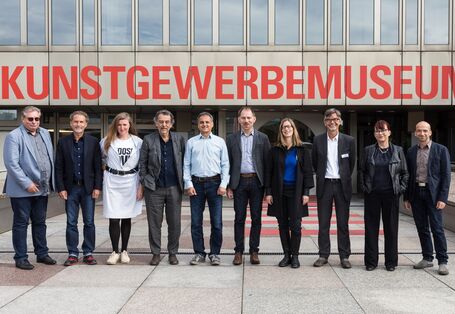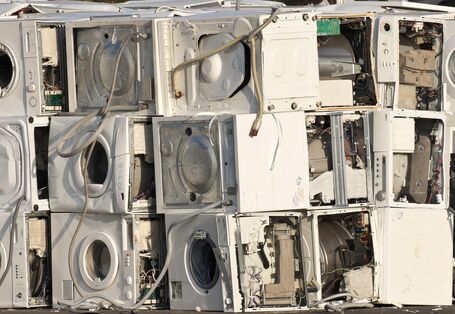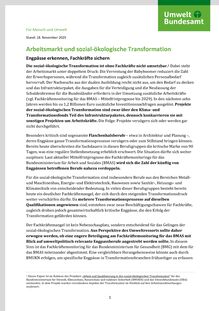Blue Angel: New requirements for mobile phones and textiles

The catalogues of criteria of the Blue Angel for textiles and mobile phones has been overhauled and approved by the Environmental Label Jury. Changes include details and additional requirements of the working conditions at the manufacturing site. Manufacturers may now apply for the ecolabel on their products.















